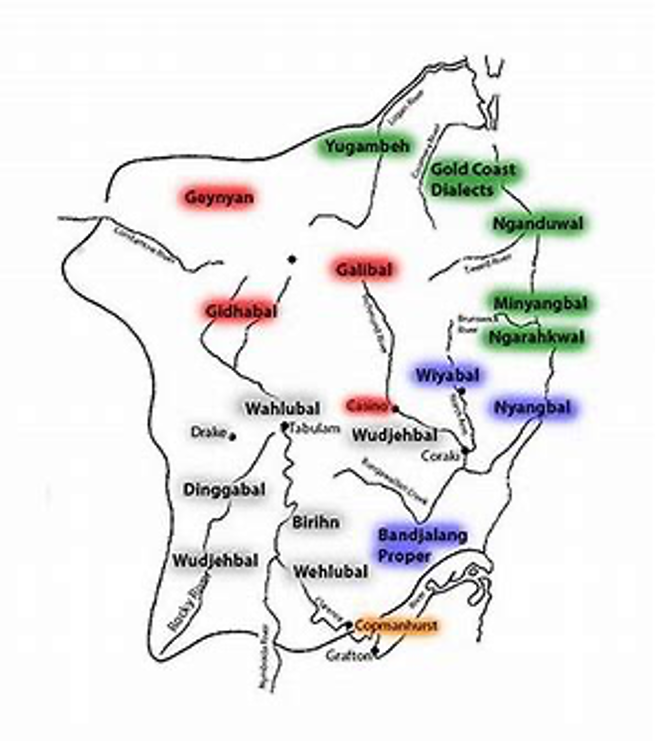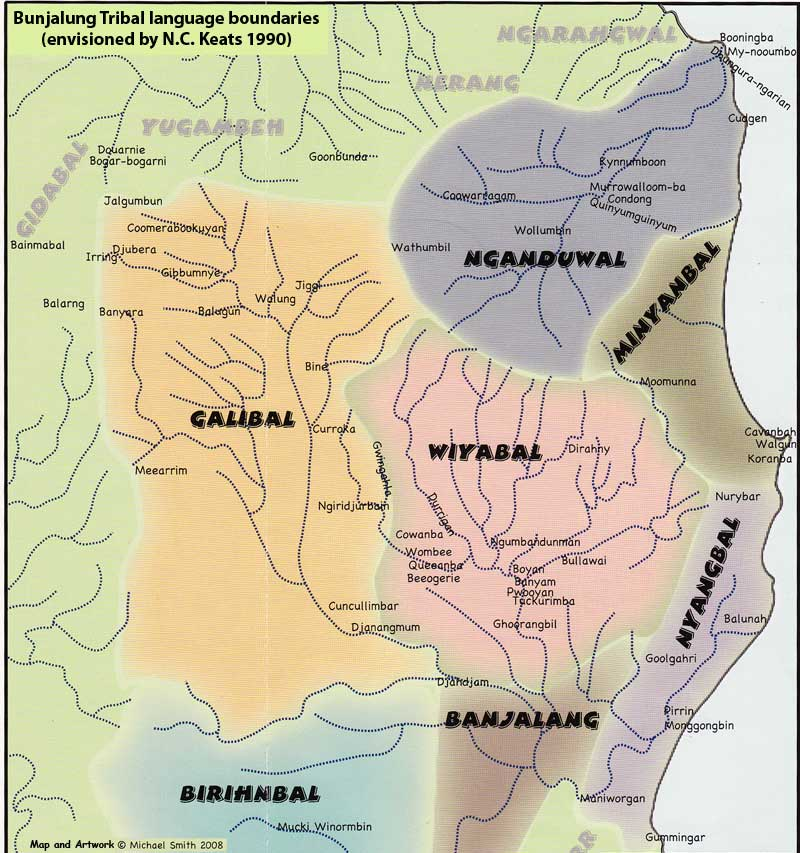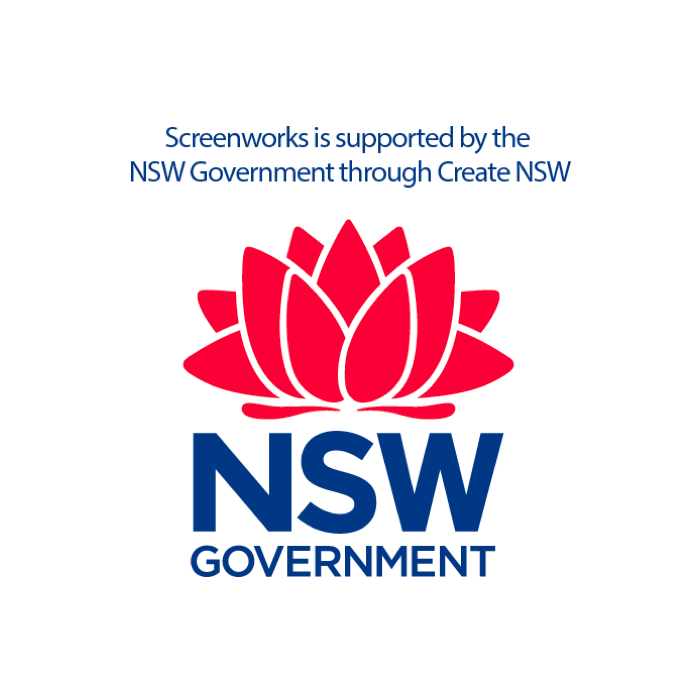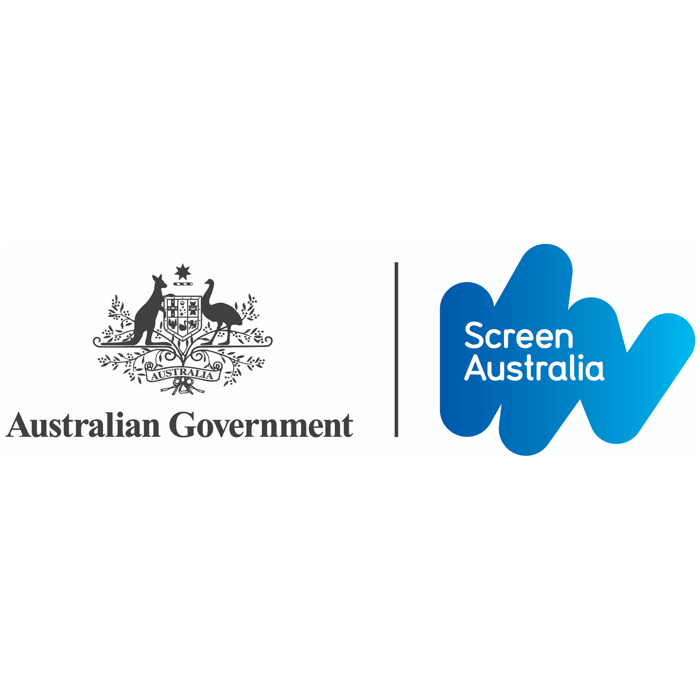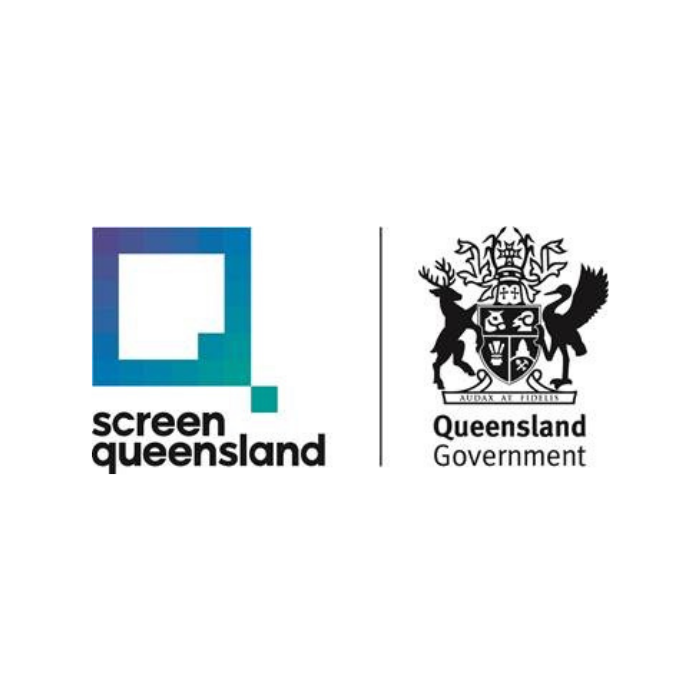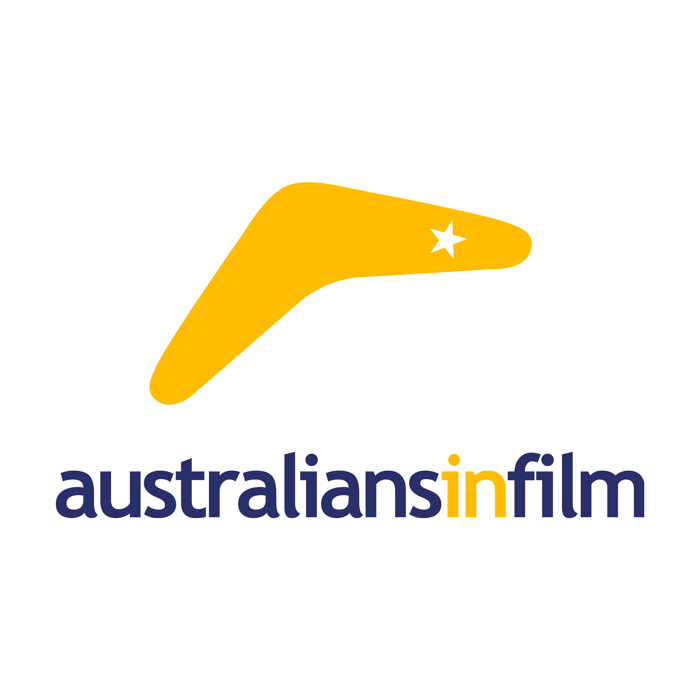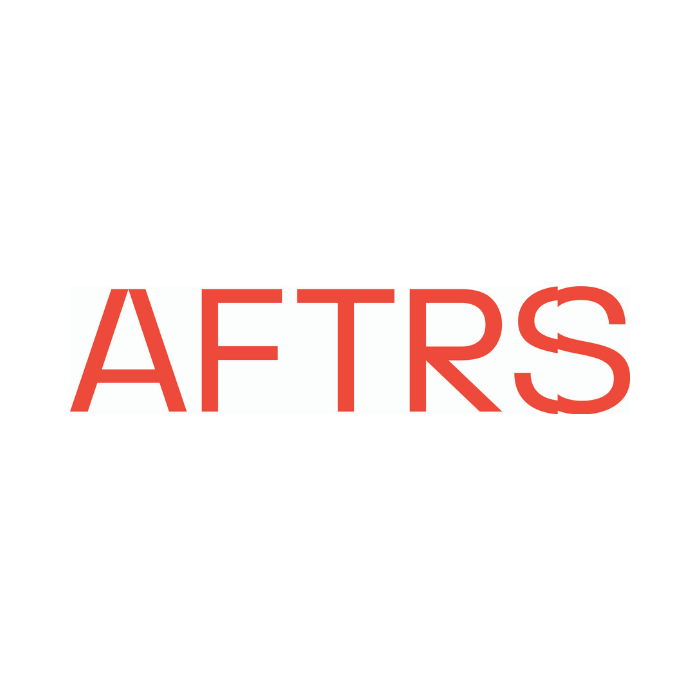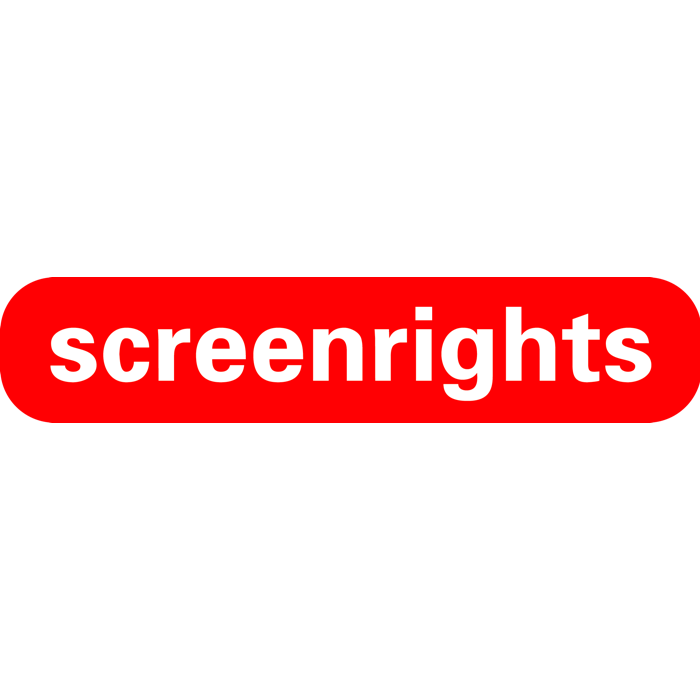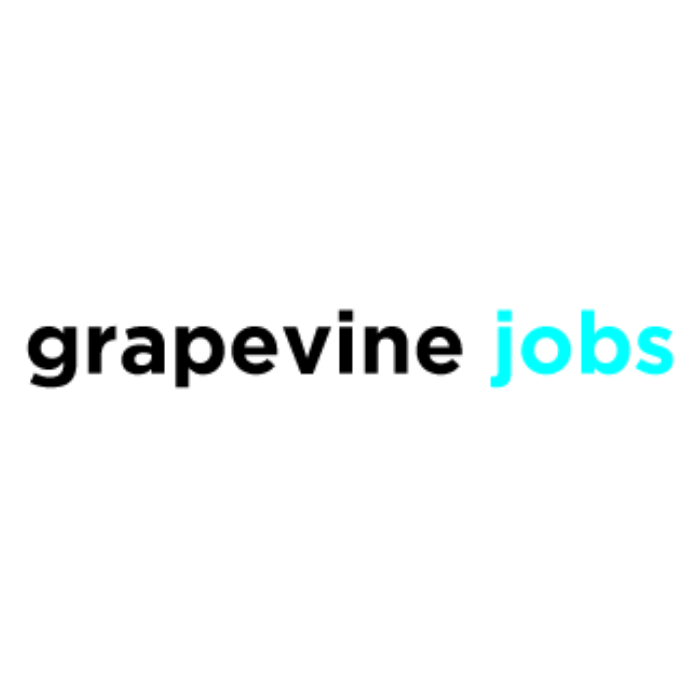Prepared by Rhoda Roberts AO
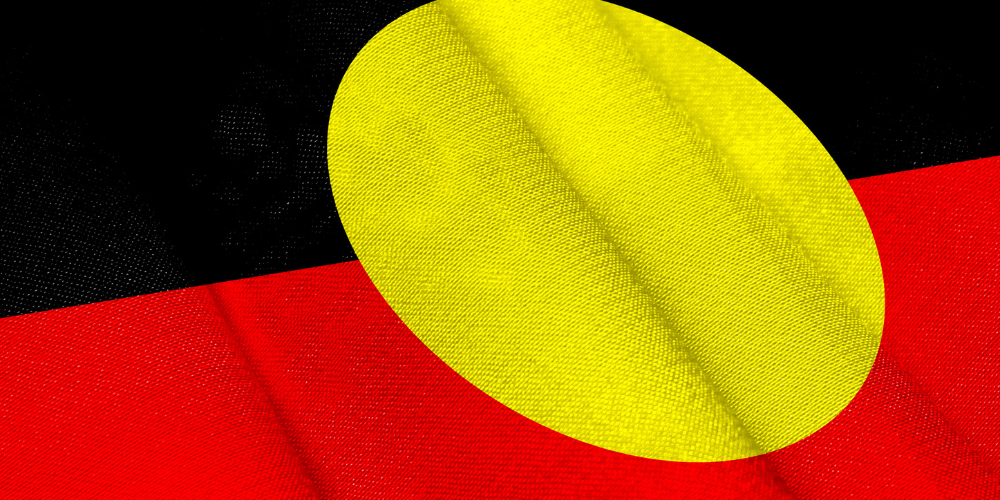
Clan Boundaries & Local Council Boundaries
All our local government areas are boundaries dictated by a western framework rather than the traditional boundaries of the clans on the Bundjalung estates and unceded territories- please be mindful most council boundaries cross two to three clan groups. So, it is relevant to point out the location initially. (See Below for contacts and cultural authorities of the region you are filming on).
Background
The Bundjalung territories and Homelands extend across Northern NSW to Southeast Queensland with the Logan River as the northern boundary and the southern boundary is the Lower Clarence River
We as sovereign first peoples have shaped our unceded territories and country, it is in the stories, the language, the songs, the dance, and today the arts. The complex system of family groups caretaking the biocultural wisdom is all about the spirituality, totemic connections to family groups and the growth of the ecosystems, that must be maintained nurtured and passed on to the next generations.
Eons of learning the oral way is essential to understand the listening encouraged by leaders, custodians and guardians of language,
Australia consists of over 350 different Indigenous nations each with clan groups who have their own distinct dialects. So hence there are some 600 plus languages across the country.
Our protocol dictates, we honour our sky, land and water ancestors and acknowledge the gifts of the land we are one and the peoples of that country who have continued ancient obligations against many challenges, be they products of Colonisations, climate change and or government policy .
Welcome to Country
Performed by the local clan custodians, who honour the nation they are from and the country of their clan group welcoming visitors are safe passage.
This can be performed as a spoken welcome, can be sung in and or danced in. Depending on the area’s cultural authority such as the local elders council, Land and Sea Councils and or Aboriginal Co-op and Elders council and Custodial Groups. (See contacts below)
Land Acknowledgement
If you live in Australia, you will have heard Non-Indigenous and Indigenous who are living away from Homelands refer to a land Acknowledgement of country.
It’s a way of showing respect by acknowledging the traditional custodians and country or territory. It’s a step we can all take is to make an acknowledgment at the beginning of a meeting.
For example – We acknowledge the unceded Sovereign Traditional land (clan) that this event takes place on, the (people) of the (nation), and we pay our respects to Custodians of the old ways, today’s leaders and the knowledge holders of tomorrow. Thank you for having us on country.
Calling Country
The call and response of calling country is all about paying inclusive respect and waiting for the invitation to cross borders and clan homelands. It involves the song/dance and the gifting, as well as the welcome, and more of the community are involved including dancers to songmen and women.
In the ancient ways, when these clans would travel across their borders and arrive onto the land of neighbouring clans, the visitors would “call-out” to announce themselves to the clan group of that nation or ‘country’ (it was part of the song cycle). In return, the custodian of that specific country would ‘call back ” in response to their arrival inviting them to cross into their territories. And the two combined chants would merge with respect and often the gifting would occur.
For some regions a smoking ceremony would be performed, in other areas decorative body painting indicated the type of ceremony being performed. This varied depending on the diversity and environments of clans. There are many forms from sweeping, cleansing and welcoming to sweat transference. The visiting groups were entrusted with information about the country they were on and safe passage would be ensured.
Individual Local Council Area information
Tweed Shire Council
Recognise the clans across their shire as the Ngandowal and Minyungbal people of the Bundjalung nation, in particular the Goodjinburra, Tulgi-gin and Moorung-moobah clans.
Byron Shire Council
Recognises the Bundjalung of Byron Bay Arakwal people, the Minjungbal people and the Widjabul Wia-bal people as Traditional Owners and custodians for parts of the Byron Shire council boundaries,
Ballina Shire Council
The shire council ward areas recognise the Bundjalung of Ballina, the Nyangbul people, and the Widjabul Wia-bal people as Traditional Owners and custodians for parts of the Shire council boundaries.
Lismore City Council
Recognises the Bundjalung of Lismore the Widjabul Wia-bal, and the Bandjalang clan and the Galibal.
Clarence Valley Council
Recognises the Bundjalung clan, Gumbaynggirr and Yaegl people of the shire.
Richmond Valley Council
The shire council ward areas recognise the Bundjalung of Casino the Galibal clan, the Bandjalang clan and the Birhn and Wahlubal.
Kyogle Shire Council
The council areas recognise the Western Bundjalung- Wahlubal the Gidhabal, Galibal and Githabul.
Contact Local Aboriginal Land Councils
Tweed Byron Local Aboriginal land Council
Street address: 21/25 Ourimbah Rd, Tweed Heads NSW 2485
Email: [email protected] | Phone: 07 5536 1763
Ballina – Jali Local Aboriginal land Council
Street address: 129 Tamar Street, Ballina NSW 2478
Email: [email protected] | Phone: 02 6686 7055
Lismore – NGULINGAH Local Aboriginal land Council
Street address: 53 Conway Street, Lismore NSW 2480
Email: [email protected] | Phone: 02 6621 5541 | Mobile: 0400 215 541
Yamba – Birrigan Gargle Local Aboriginal Land Council (LALC)
Street address: Youth Stadium- 2 Robinson Street, Yamba NSW 2464
Email: [email protected] | Phone: 02 6646 1664
Maclean – YAEGL- Local Aboriginal land Council
Street address: Back Shed Hillcrest Community Hall, Hillcrest Road, Maclean NSW 2463
Email: [email protected] | Phone: 02 6645 3676
Grafton – Ngerrie Local Aboriginal Land Council
Street address: 50 Wharf Street, South Grafton NSW 2460
Email: [email protected] | Phone: 02 6642 6020
Casino – Boolangle Local Aboriginal Land Council
Phone: 02 6662 6286
Coraki – Bogal Local Aboriginal Land Council
Street address: 1 Boxridge Road, Coraki NSW 2471
Phone: 02 6683 2410
Kyogle – GUGIN GUDDUBA – Local Aboriginal Land Council
Street address: 53 Ettrick Street, Kyogle NSW 2474
Email: [email protected] | Phone: 02 6632 1056
Baryulgil Square Local Aboriginal Land Council (LALC)
Street address: Baryulgil Square Community, Clarence Way, Baryulgil NSW 2460
Email: [email protected] | Phone: 02 6647 2131
Malabugilmah – Jana Ngalee Local Aboriginal Land Council
Street address: Malabugilmah Village, Clarence Way, Malabugilmah NSW 2460
Contact Local Elders Groups
(Many have online booking forms)
Bundjalung Elders Council
Email: [email protected] | Mobile: 0423 512 335
Gold Coast and Tweed Region – Bundjalung groups – KARULBO
http://karulbo.com.au/contact/
Byron – The Arakwal Corporation
Phone: 02 6620 9300
Lismore – Bundjalung Tribal Society
Email: [email protected] | Phone: 02 6621 6992 | Mobile: 0427 905 684
Ballina – Bunjum Aboriginal Corporation
Email: [email protected] | Phone: 02 6686 5644
Casino – the Junbung Elders Aboriginal Corporation
Phone: 02 6662 5783
Coraki – Bandjalang Aboriginal Corporation
Email: [email protected]
Tabulum – GUNGYAH NGALLINGNEE ABORIGINAL CORPORATION
Email: [email protected] | Phone: 02 6666 1473
Further information
If you require more information regarding connection with Cultural authorities and clan/language groups – please feel free to connect Rhoda Roberts via email – [email protected]

